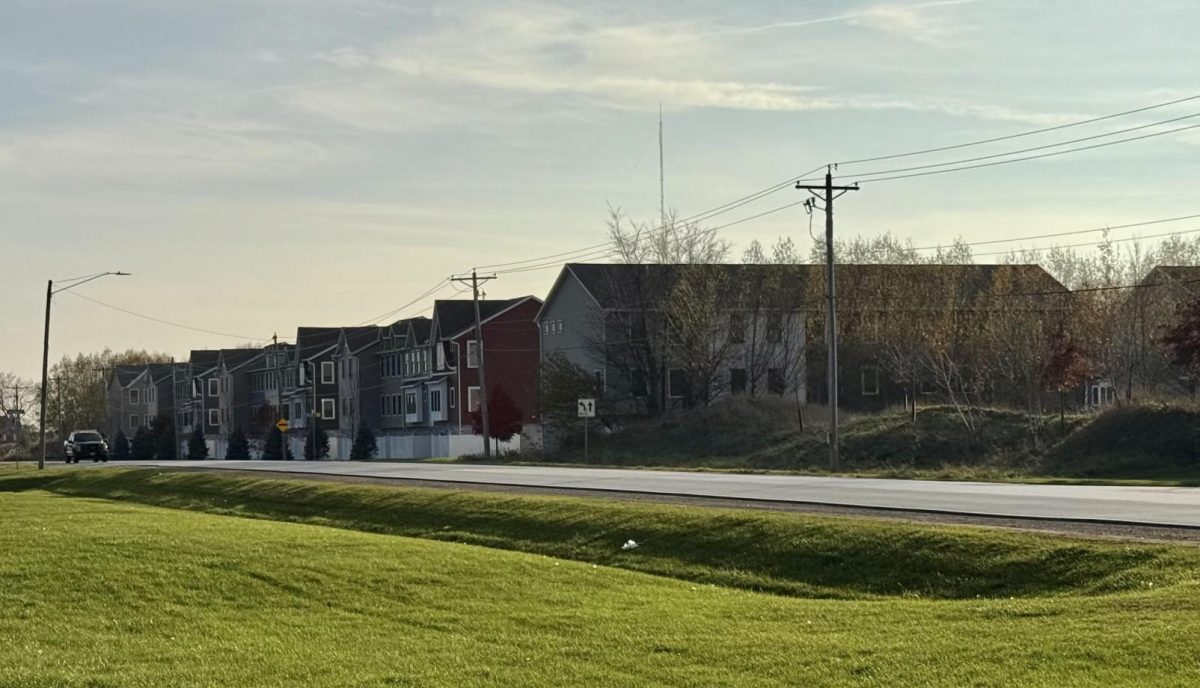The Quad Cities is facing a growing housing affordability crisis. As housing prices rise, local families and individuals are struggling to find affordable homes, a challenge that has only intensified in the past five years.
One factor driving the crisis is a surge in demand, especially following the pandemic, which has dramatically shifted the market. People are moving into the Quad Cities as John Deere brings more and more employees to the area compared to other locations. But as the influx continues, housing prices are rising faster than wages. This inflow of newcomers is driving up prices, especially in fast-growing areas like Bettendorf and Moline.
Five years ago, a typical home in the Quad Cities would have been priced around $171,000. Today, that same home is valued at approximately $221,000, marking a 30% increase. Yet, the median household income has only increased by about 15% over the same period, making it harder for families to afford the drastically higher home prices.
Additionally, the supply of affordable homes has not kept pace with demand. “We’ve seen a lot of luxury apartments and high-end homes being built,” explained local developer Steven Miller. “There just aren’t enough affordable options to meet the needs of the average family, especially in communities like Davenport and Moline.” The focus on higher-end properties is widening the gap between the available housing options and the affordable options for average families.
Rising construction costs are also a significant barrier. “Building materials and labor have become more expensive,” noted Miller. “Developers are focused on higher-end projects because they bring in more profit.” This slowdown in affordable housing construction is exacerbating the lack of options for low- and middle-income buyers.
Renters are experiencing the struggle as well. “Rent takes up almost half my paycheck,” said Hindupur Sarma, a Bettendorf resident. “Affordable places are hard to find, and the ones available are often too expensive.” This has forced many renters to seek housing further from city centers, increasing transportation costs and daily commutes.
Despite these challenges, there are some hopeful signs. Local governments are exploring policies such as zoning changes and tax incentives to promote affordable housing development. It’s not an easy fix, but residents are seeing more collaboration between developers and the city to make affordable housing a priority.
Without significant action, the housing affordability crisis in the Quad Cities will deepen, forcing many residents to struggle with unstable living conditions. Addressing this issue is critical to ensuring people of all income levels can secure affordable housing as the region continues to grow.









